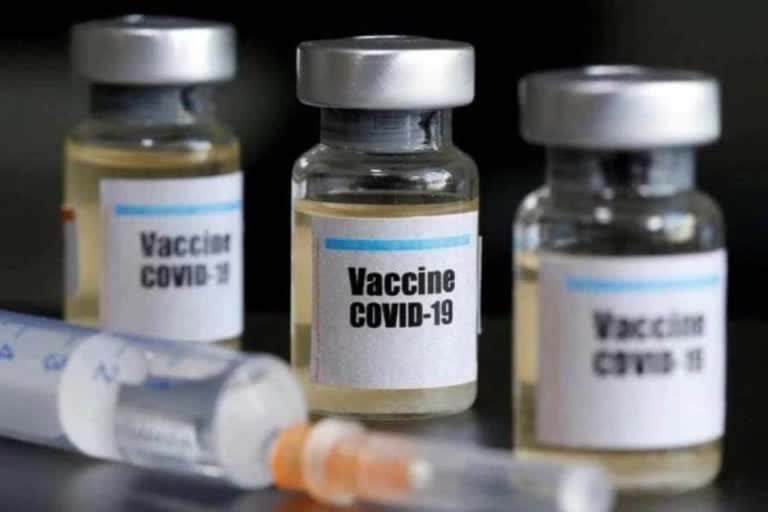New Delhi: Vaccine hesitancy may probably impact future Covid19 vaccination programme, said a study conducted by the British Medical Journal (BMJ).
The BMJ study further said that South-East Asia has the highest share of healthy adults - a key for reducing community transmission.
Compiling a study for global, regional and national estimates of target population sizes for Covid19 vaccination, the BMJ in its report said that any vaccination programme is not expected to reach 100 per cent of the population owing to several factors.
It said that the global target population for vaccination would be 7.8 billion people. If young children (0-4 years) and school-aged children and young people (5-19 years) were not initially prioritised or eligible for vaccination, the target population would be 5.2 billion people.
"If we assume that people who have experienced a natural SARS-CoV-2 infection might not be considered as a priority for vaccination, the total target population decreases to 4.78 billion...overall by considering vaccination programme of 60-80 per cent, which includes the herd immunity threshold and vaccine hesitancy estimates, the size of the target population would be 3.1 - 4.1 billion people," the study said.
Read: Oman to receive first batch of Pfizer COVID-19 vaccine on Wednesday
The study observed geographical disparities in the share of different target population group across WHO regions.
"If we consider the target for vaccination is the entire population, South East Asia (1.3 billion, 25.5 per cent), and the Western Pacific (1.5 billion, 28.2 per cent), together account for 53.7 per cent of the population to vaccinate," the study said.
It further said that the target populations across other regions are 10.4 per cent for Africa (0.5 billion), 13.9 per cent for the Americas (0.7 billion), 13.8 per cent for Europe (0.7 billion) and 8.2 per cent for the Eastern Mediterranean (0.4 billion).
Interestingly, the national estimates of the size of target populations suggest that six countries including India, China, US, Pakistan, Brazil and Nigeria have the largest share of the total target populations.
In contrast, countries in Africa and the Eastern Mediterranean account for a relatively low share.
By assuming a two doses vaccine schedule, the BMJ estimate that approximately 15.6 billion doses of Covid19 vaccines will be required by the 194 WHO members states for a universal Covid 19 vaccination programme, and 10.3 billion for targeted occupational or high-risk groups.
Twelve Covid19 vaccine manufacturers have announced that about 10 billion doses will be available by the end of 2021.
"In the most optimistic scenario that this figure is actually reached, it would take about six to seven months to produce enough vaccines to achieve herd immunity by protecting at least 60-80 per cent of the world population," the study further said.
The study also highlighted that vaccine wastage amounts to approximately 50 per cent every year (WHO report), often because of inadequate temperature control of the supply chains.
"Substantial investment is needed to strengthen international and national supply chains, especially to guarantee the distribution of vaccines in rural and remote communities in many developing countries," it said.



